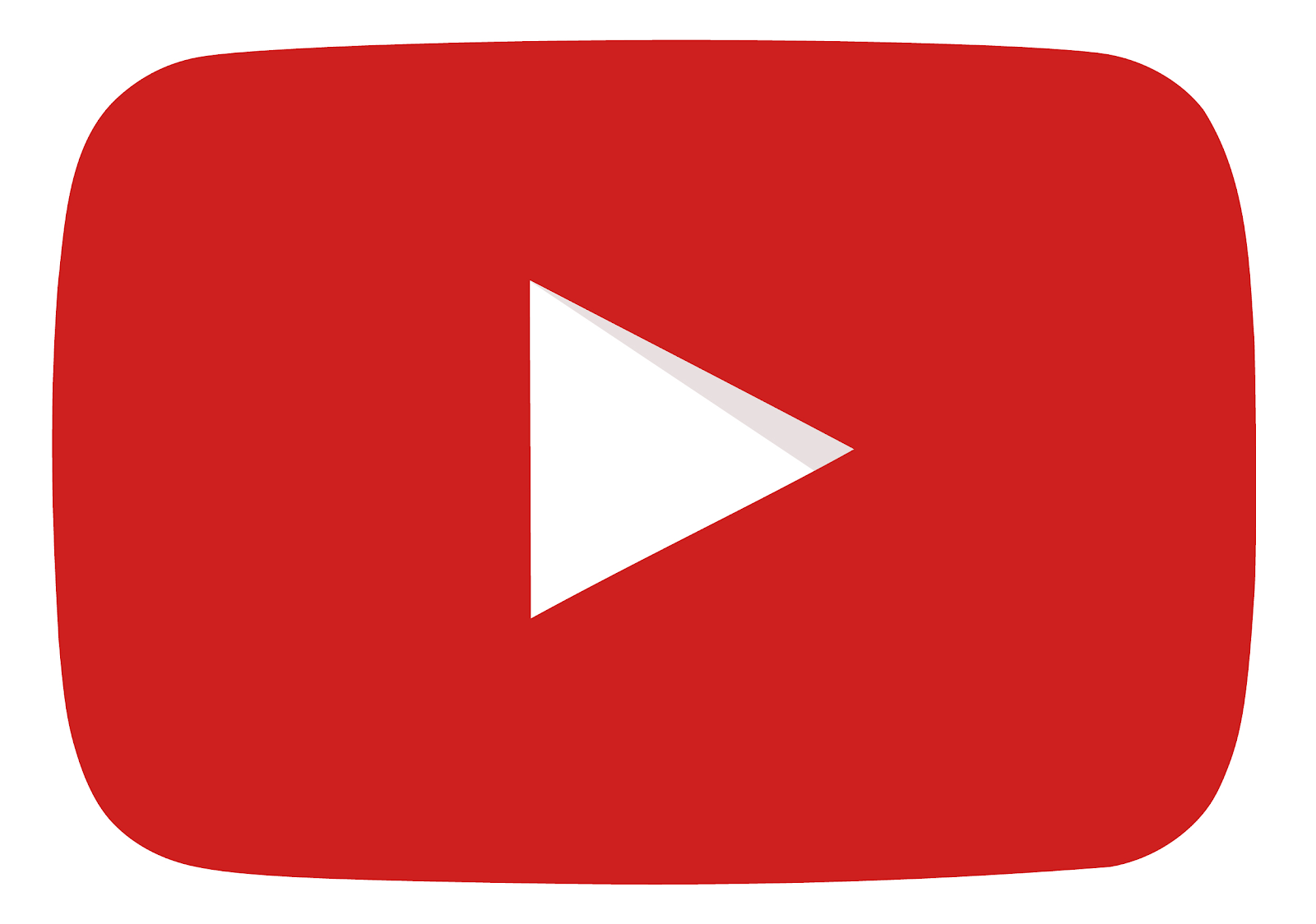We are currently living in a world that has a large amount of A.I. in it, even more than most people would assume, and it is only continuing to dominate the world and become a larger part of our lives whether we want it to or not.
In FRONTLINE PBS'S documentary "In the Age of AI", it is very clear to see the fact that artificial intelligence is becoming a much more prominent component of everyday life. For example, sites like Facebook take every post that is posted by anyone and takes it as data it can use and keep. They keep track of details like what your interests are, who your friends are, how often you post, and many other smaller examples like how you specifically respond to certain things. One example listed in the documentary is if you list things off in a rambling and unorganized way or if you list them off neatly with bullet points.
This shows that no matter how big or small the data being gathered is, it is taken and used to craft predictions for it's own site later - an example of AI. An AI would be used to curate specific ads and other posts for people to see based on the data collected on them.
It is to the point where because of AI, websites and corporations can use a combination of data and an AI using said data to change real world behavior while bypassing people's knowledge of it actually happening, as stated in the documentary.
In an article about AI by the financial times (https://www.ft.com/content/5aa09af9-cd6c-46b6-a1be-e37ad1e33758), AI is compared to the atomic bomb. The bomb itself was a weapon that, before being used, was seen as a significant weapon that would have a large impact in the future. After is was used though, humanity as a whole were scared of the implications of the bomb, thinking the world was moving in a dark direction.
In the article's words, the age of AI and AI itself seems to be on an equally consequential path as said atomic bomb. AI, however, is far more unpredictable in the uses it has and the functions it can carry out. For example, while it is used frequently in social medias like Facebook, it is also seeming like it could be a large military asset.
Overall, AI is becoming a much more prominent part of humanity as a whole, and it doesn't seem like it is going to let up anytime soon, if ever. AI is a concept that is scary when there is time to think of all the implications it has and all of the possibilities it can bring.















